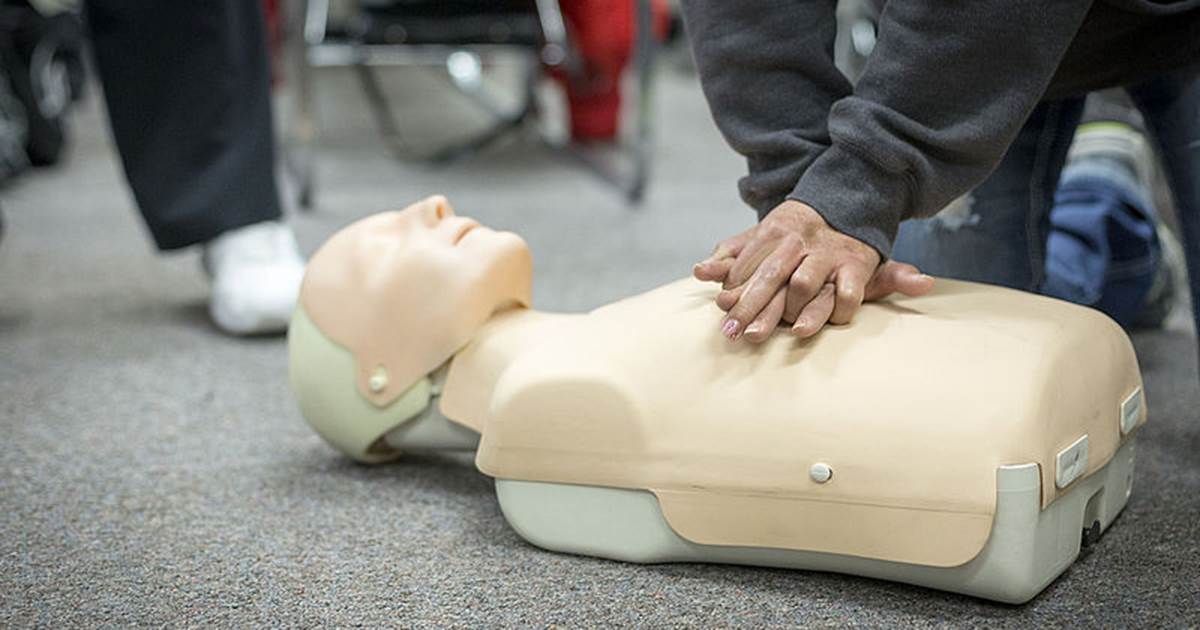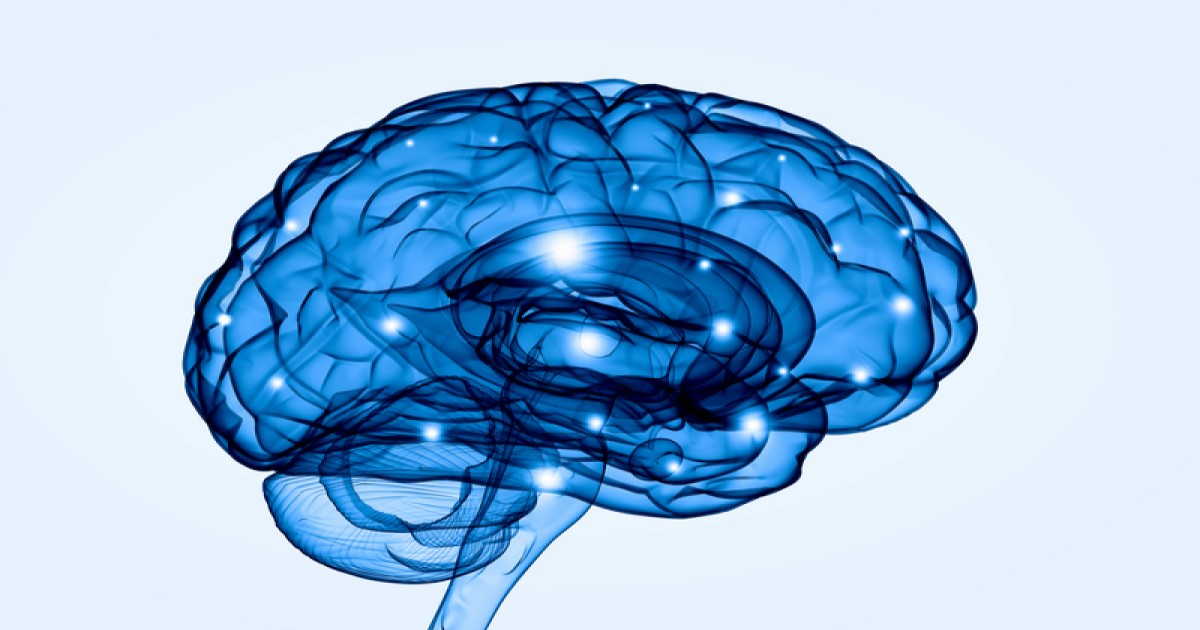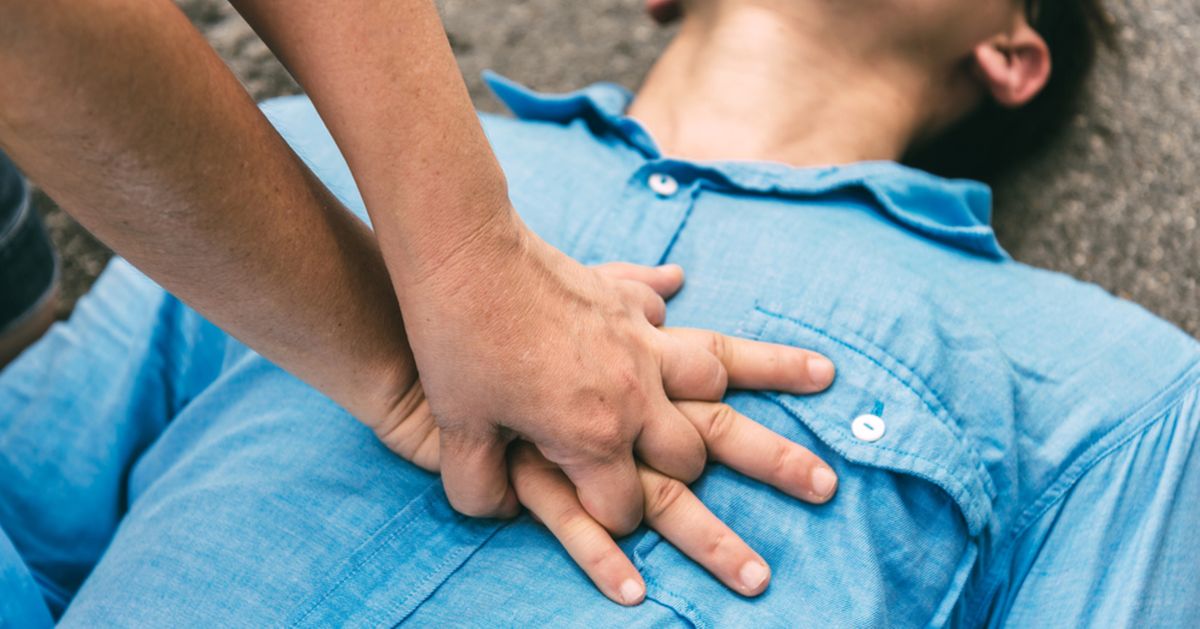Why It Is Essential To Know CPR
Every year, cardiopulmonary resuscitation (CPR) saves thousands of lives. The greatest tragedy of cardiac arrests, one of the causes of death where CPR can intervene, is they are often preventable deaths—nearly forty-five percent of those who would have died of cardiac arrest survive when someone, whether a trained professional or passing good samaritan, administers cardiopulmonary resuscitation.
CPR certification is necessary for lifeguards, preschool teachers, and flight attendants. Everywhere you go, we understand there are situations every day in which CPR training just might mean the difference between life and death, but that doesn't guarantee someone present will be prepared. You can become that person.
You Will Be Confident In An Emergency

There is a self-assuredness and power in understanding that, in every room you walk into, there is at least one person who can save a life. With CPR training, you'll be confident in an emergency. If an emergency renders roads unusable, if a child at a friend's cookout falls into the wrong end of a swimming pool, if cardiac arrest strikes at work, you will be able to know, always, that you can provide life-saving help until hospital care becomes a possibility. Emergencies are less scary when they're something you understand and have studied. CPR training can give you that assurance not just as a feeling, but the knowledge you know how to save a life.
There will always be factors of life that exist outside of our control: natural disasters, accidents, health events with no foreseeable trigger. The call to be anxious every second that something could happen would be an unkind and unuseful one: instead, call on yourself to be prepared.
You Could Save A Loved One

It's terrifying to think of a medical emergency befalling someone we care about, but it doesn't have to be. Pediatric and infant CPR training can mean peace of mind for parents and caretakers everywhere. Adult CPR training is importantfor peace of mind if someone you love is elderly, has a heart condition, or is at risk for any sudden medical event. Even without added risk, however, CPR knowledge will always be a firm, empowering reminder you could save a loved one in a life-threatening emergency.
It's important to know, of course, cardiopulmonary resuscitation doesn't substitute for medical care. The first step is to send someone to call 911 or to call yourself, potentially on speakerphone while beginning CPR if you know the procedure and the proper time to do so. But often, a 911 operator is trained to tell you, the caller, to begin CPR, and even minutes saved by keeping someone's blood circulating and lung's moving can enable life-saving medical care to arrive in time.
CPR Prevents Brain Death

Brain death is the eventual precursor to death itself and is impossible to recover from. If oxygen flow to the brain is consistently shut off for six minutes, it will die.
However, even if during CPR, it seems the worst is happening, and the patient's heart does not begin to beat on its own, there is good being done. Continued blood flow to the brain is vital to keep it alive, and CPR does not only aim to restart the heart: it also, artificially, keeps it pumping. This artificial circulation pushes oxygenated blood through the brain, keeping it alive and maintaining a chance of recovery that could be lost forever without it. The goal of cardiopulmonary resuscitation is to save a life, but that doesn't mean the work needs to be done by the time your role administering CPR is over. Sometimes, CPR is crucial in extending the patient's life until the ambulance arrives, and that act alone, whether it takes seven minutes or half an hour, can be life-saving.
CPR Makes You Smarter

CPR training isn't just about chest compressions and rescue breaths. You'll be taught how the human body works, how to check airways, and how to understand circulation. Some classes include CPR/AED certification, teaching you how to use an artificial external defibrillator and give the heart an electric shock that may trigger its beat.
It's easy to think CPR is something anyone can do in an emergency if they've seen enough TV, and true, if you're alone or no one in the area is certified, a 911 operator may still tell you to attempt. But no amount of guesswork matches the thorough understanding of the human body, how to assess its health, and how to think in an emergency that CPR training provides. To retain certification, individuals must repeat their training every two years, constantly refreshing and improving that understanding. Like learning sports, dance, or any complex movement, CPR makes you smarter, engaging with the brain and body to learn a complex skill and, in turn, teach the brain to learn complex physical skills.
CPR Saves Lives

It's not just after a heart attack or cardiac arrest that CPR prevents brain death. In cases of electric shock, drowning, suffocation, or serious allergic reactions, cardiopulmonary resuscitation can be the difference between making it to the hospital and losing the fight minutes before help arrives—or even restart the heart.
Like anything, CPR will never be a foolproof one-size-fits-all medical treatment. But it's because it is so essential in so many situations, that everyone should take the opportunity to learn. Online resources and diagrams are a better place to start than guesswork, and several reputable organizations offer classes for all ages.
